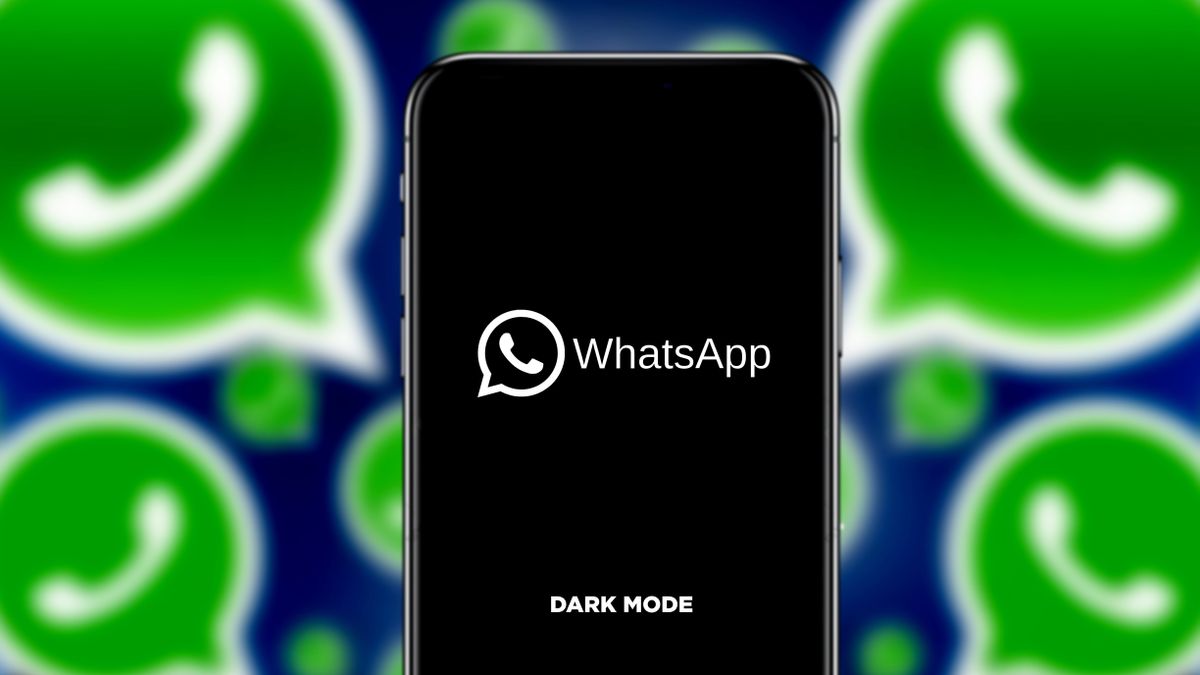Meta may be releasing yet another layer of privacy protection to WhatsApp that will prevent people from taking screenshots of your profile photo on the service.
This upcoming feature was discovered in the most recent WhatsApp beta on Android by WABetaInfo. It’ll be housed within the Privacy section of the Settings menu, according to tomsguide. Having access to the blocking tool, they attempted to take a screenshot of a profile picture however they were prevented from doing so. The publication was met with a notification at the bottom of the screen stating they couldn’t take a screenshot “due to app restrictions”.
As explained in the report, WhatApp introduced the option to stop users from saving “others’ profile photos” about five years ago. It was supposed to prevent bad actors from sharing images without the owner’s consent; however, screenshotting completely bypasses this. WABetaInfo argues that directly blocking the ability to screenshot allows WhatsApp to further reinforce “the concept of user privacy and consent” on its service. It seemingly doesn’t want said bad actors to utilize people’s photographs for scams, impersonations, or harassment.
Analysis: A small, yet important issue
Now you may be wondering, “Is taking unauthorized screenshots of a WhatsApp profile picture really that big of an issue?”
Well, based on the brief research we did, it seems screenshotting profile photos isn’t a major problem plaguing the user base, but it is an anxiety held by a small group. We’ve seen multiple posts on Reddit of people voicing their concern over this issue. Someone on the Privacy subreddit even asked if it was possible to find out who screenshotted their WhatApp profile pic.
We also found an interesting post on Medium by writer Bilge Tekin who proposed the concept of a Screenshot Restriction feature for WhatsApp back in 2021. Tekin’s idea took it a step further by preventing screenshotting in chat rooms. When he had people try out his idea, it seemed the testers liked having the option to restrict others from sharing private conversations.
Granted, none of these examples come from a Meta-financed scientific study or an official poll. There haven’t been any large-scale studies delving into this phenomenon as far as we can tell. But at the very least, it could give WhatsApp an edge over rivals by appealing to this niche subset of the user base. Neither Telegram nor Signal have a feature like this. Plus, having the option doesn’t hurt.
If you’re interested in trying out the new tool, you’ll first need to join the Google Program Beta Program and then install the beta version of WhatsApp. The blocking update may not be available to you as only a select group currently has access, but WABetaInfo states it will be rolling out to more users over the coming weeks.
While we have you, be sure to join TechRadar’s own WhatsApp channel to get our latest reviews right on your phone.






